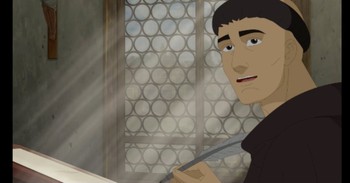Is First Reformed a Christian Movie? 4 Things to Know
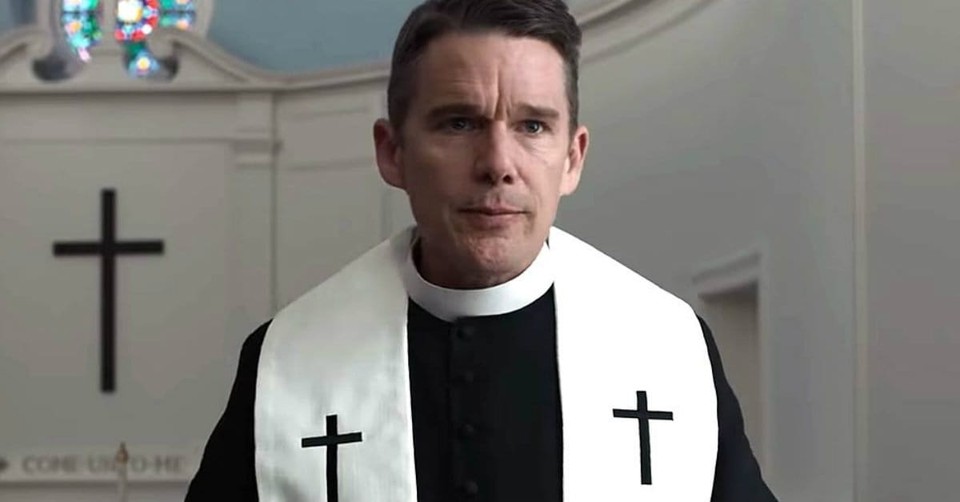
So says writer/director Paul Schrader, whose new film First Reformed – about a small town minister in existential crisis – debuted recently in New York and L.A. And he should know: Schrader literally wrote the book on it.
In 1972, while still a burgeoning film critic (but before becoming a legendary screenwriter for Martin Scorsese, and then a director in his own right), Schrader wrote Transcendental Style In Film. It was a treatise that examined the works of three foreign filmmakers whose similar, simplified aesthetics departed dramatically from classic Hollywood techniques. Their movies provoked spiritual contemplation rather than emotional catharsis.
Not only did his book become a touchstone for film makers and academics that endures to this day (including a newly updated edition), but the writing of it helped Schrader – a person who, due to his strict religious upbringing, didn’t see his first movie until he was 18 years old – begin to finally understand the cinematic medium, and what he would and wouldn't embrace as a filmmaker.
Ironically, as with the doctrines of his youth from which he walked away, Schrader decided to reject spirituality in movies. Instead, he chose to examine the secular and the profane, most notably in the script for Scorsese’s 1976 landmark Taxi Driver, which starred Robert De Niro as Travis Bickle, a Vietnam vet who becomes a psychotic vigilante in New York City.
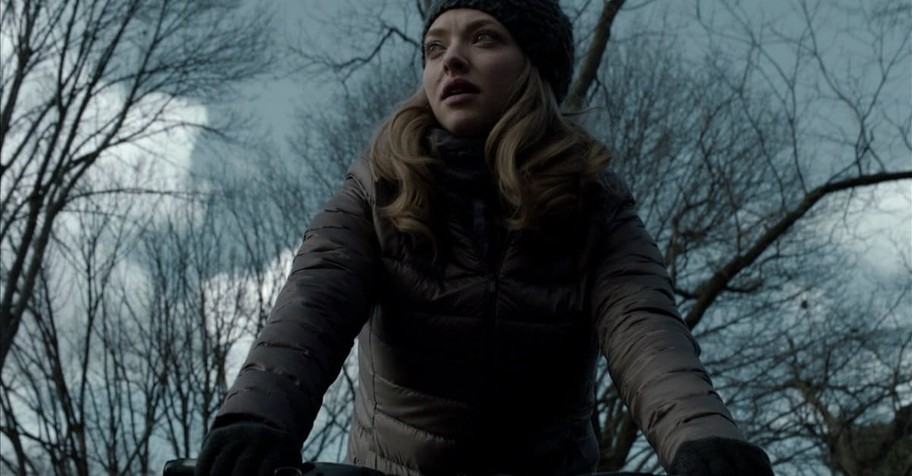
First Reformed: What It's About
Despite wrestling with religion throughout his five-decade movie career, at times in autobiographical undertones, Schrader swore that he would never make a stylistically spiritual film. Yet now, at 71, he finally has.
With First Reformed, Schrader bucks gritty for austere as he fully employs the Transcendental style for the first time. To best appreciate what Schrader is doing, it will be helpful to understand the film’s premise, Schrader’s own background (personally and professionally), as well as the Transcendental style itself, what it is, and how it diverges from what you’ve come to expect from a typical movie-going experience.
Set in a rural upstate New York community, First Reformed derives its title from the name of an old Dutch Reformed church on the cusp of celebrating its 250th Anniversary. With weekly attendance in the single digits, minister Reverend Toller (Ethan Hawke) is more a curator for the historical landmark than anything else, its upkeep and his salary subsidized by local megachurch Abundant Life and its pastor played by Cedric Kyles (a.k.a. Cedric the Entertainer).
When one of Toller’s few parishioners, a pregnant woman named Mary (Amanda Seyfried), asks him to counsel her troubled war veteran husband who may be planning acts of eco-terrorism, it sparks a series of dramatic, unexpected turns as Toller, haunted by past personal tragedies while also secretly battling malignant cancer, descends into his own crisis of faith.
First Reformed is being hailed critically as one of the best movies of 2018, but it's rated R for disturbing violent images and some language.
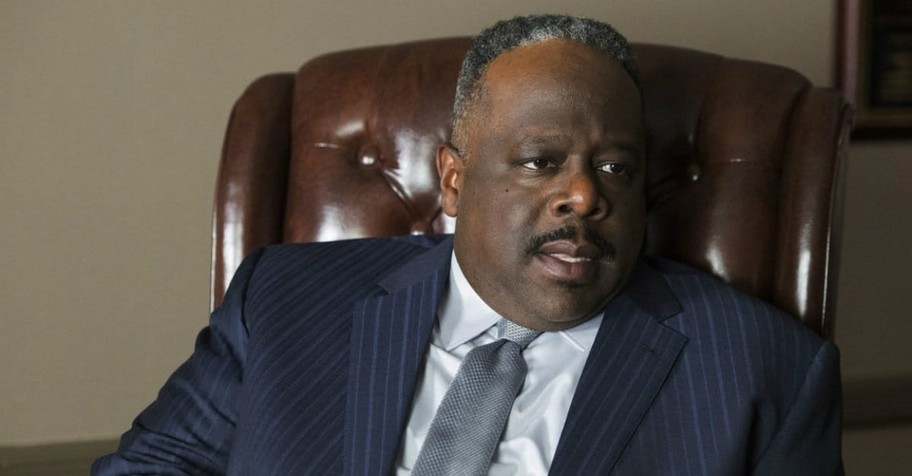
1. A Calvinist Upbringing
Born in Grand Rapids, Michigan, Paul Schrader grew up in a stern religious home during the 1950s. His parents raised him according to the tenets of the ultra-conservative Dutch Reformed tradition, which adhere to the five points of Calvinist TULIP theology. In practice, this included prohibitions not only on things like alcohol and dancing but also movies and popular styles of music. At 18, Schrader went to Calvin College on a seminary track, but as he became exposed to the broader culture – and art house films in particular – Schrader shifted from ministry to movies, transitioning to Columbia University and then UCLA’s graduate film program.
Although he came close as a young adult to a full confession of Calvinist faith, Schrader's fascination with cinema and moving images (which spoke to him in stark contrast to the barren, artless environment of the Reformed world) won out. At a time when his only option was to choose one or the other rather than pursue both, Schrader chose movies.
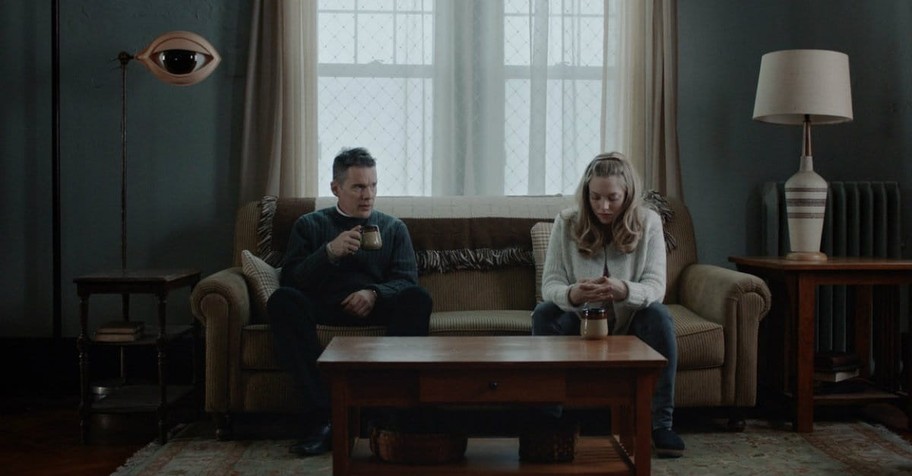
2. A Hollywood Maverick
Making the jump from film critic to screenwriter in the early 1970s, Schrader’s scripts garnered attention from Hollywood elites but the results found little box office success. That changed with his third produced screenplay, Taxi Driver, which became a cultural phenomenon and was nominated for multiple Academy Awards including Best Picture and Best Screenplay. While he would continue to write scripts for Martin Scorsese, including Raging Bull and Bringing Out The Dead (a 1999 film that Schrader described, in part, as a clash between his rural Calvinism and Scorsese’s urban Catholicism), the success of Taxi Driver enabled Schrader to start directing his own movies.
His second effort, Hardcore, about a Calvinist businessman from Grand Rapids whose daughter gets caught up in pornographic movies, drew a lot on his own personal experiences. He would go on to make boundary pushing films in the early 1980s including American Giglio, which starred Richard Gere as a male escort, as well as the lurid horror film Cat People and the biopic Patty Hearst. Schrader’s 1998 film Affliction finally garnered both critical and awards accolades, including an Oscar win for James Coburn as Best Supporting Actor.
All of these films were provocative and volatile, at times intentionally gratuitous, as Schrader continued to explore the collision of virtue and vice, of people confronted by temptation or tragedy, often culminating in a violent descent into despair or madness, or both. His filmmaking style was equally confrontational and kinetic, which is the opposite of the Transcendental style that his early book helped define.
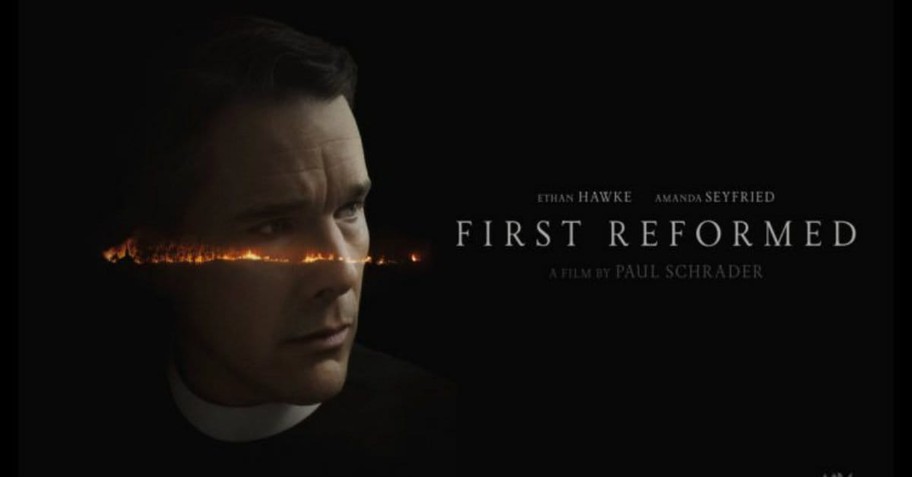
3. Transcendental Filmmaking
Utilizing slow-burn techniques that are the antithesis of classic moviemaking realism, Transcendental filmmaking is patient to the extreme, a mostly static, quiet style with few camera moves, in narratives that can be cryptic and symbolic, punctuated by confounding moments that defy explanation. The intent is to observe rather than manipulate, its slow pace and modest imagery designed to evoke a spiritual state rather than a reasoned, intellectual one.
The Transcendental artist takes viewers into a mystery but then leaves them there in it, not guiding them to answers or solutions but only through images and ideas to ponder. This, according to Schrader, is what characterizes a true spiritual film. In contrast, his definition of a faith-based movie is one that simply uses "Hollywood tricks in God's name."

4. Mysteries and Metaphors
Within the story structure of First Reformed, there are three different metaphors being used to interrogate the same themes of human corruption: climate change, megachurches, and cancer. The first two compliment each other as adverse effects of consumerism. In one case, consumerism is killing our planet; in the other it’s killing our spirituality. It’s destroying us both ecologically and theologically. Whether you agree with either of these perspectives is ultimately beside the point; they’re used here to make a statement about a deeper truth, of our own internal decay, which is also exemplified in the third metaphor of Toller’s cancer.
Within these core metaphors are others as well, not the least of which is Seyfried’s pregnant mother, named Mary, a secularized mix of the Holy Mother and Magdalene, and a paragon of mercy. Schrader also films the story entirely in a square frame rather than a widescreen rectangle, to further emphasize Toller’s psychological and spiritual claustrophobia, his sense of feeling boxed in.
More prominently, there's the troubled husband who wants to atone for humanity's sins through eco-terrorist martyrdom; meanwhile, Toller begins to inflict self-flagellation as a means to atone for his own sins. In both respects, Schrader is making the observation that any justice or atonement sought through our own sacrifices, and outside of Christ’s atoning sacrifice, is prideful, delusional, and spiritually psychotic. He draws a connection between any act of judgment or cleansing that tries to usurp the work that only God’s grace can do: each one emerges from and lead to the same jihadist impulse.
As First Reformed expands into more theaters across the country throughout June, its art house ambiguities will likely polarize viewers, especially as it progresses from the real to the surreal. But if you lean in to the meditative style and look past the surface to consider what things may represent, what you’ll find is an old provocateur using new cinematic tools to reconcile a spiritual philosophy. He may still contemplate his ideas through filters of agony and despair, but in those valleys of confusion, doubt, and overwhelming anguish, Schrader’s ideals aspire to courage, love, and hope.
Publication date: May 22, 2018
Images courtesy: A24
Originally published May 22, 2018.


